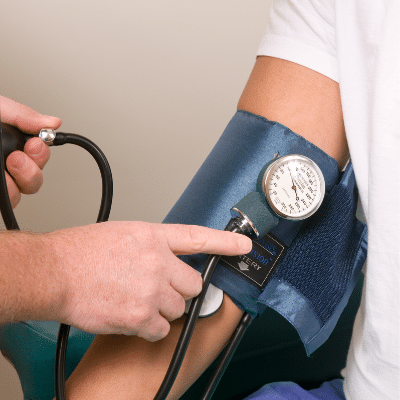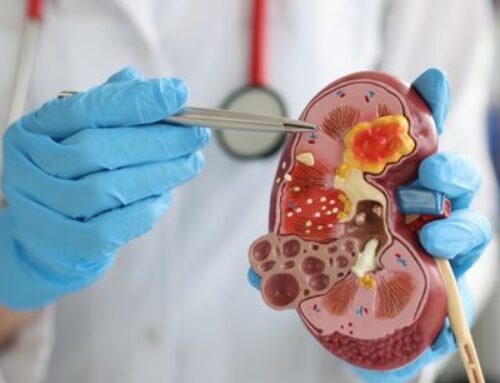When most people hear of hypertension or high blood pressure, they associate the causes with genetic makeup, diet, obesity, and lack of physical exercise. They rarely think of kidney disease, which can cause elevated blood pressure, especially when left untreated.
How does Kidney Disease affect Hypertension?
Kidney disease has a direct and dramatic impact on blood pressure when left untreated for a long time. The disease starts damaging the arteries surrounding the kidney slowly by narrowing them. Once these blood vessels are narrowed enough, they limit the amount of blood entering the kidney.
To counter this problem, the kidney releases a type of hormone known as aldosterone because it wrongly believes that loss of blood volume is caused by dehydration. This steroid hormone encourages the body to retain sodium and water.
The reaction is considered negative because it leads to the accumulation of excess water and salt, which the body is not lacking. As a result, the excess water and salt elevate the blood pressure, leading to more problems.
 How does Hypertension affect Kidney Disease?
How does Hypertension affect Kidney Disease?
High blood pressure is one of the direct and leading causes of kidney failure and kidney disease. When the pressure elevates above the normal range, it hardens and weakens the tiny hair-like blood vessels called blood capillaries that supply blood to each nephron in the kidney. As a result, nephrons lack a sufficient supply of oxygen and nutrients to perform filtration. The kidney then loses the ability to filter blood and regulate hormones, salts, acids, and fluids in the body.
When the blood pressure goes unchecked for a long time, the high pressure damages more blood vessels in the kidney, which slowly reduces its functioning and eventually causes kidney failure.
What can I do to Manage my Hypertension with Kidney Disease?
Hypertension or kidney disease does not mean the end of life. You can manage kidney disease by avoiding beverages and foods with high sodium levels. You can also manage the disease and hypertension by quitting smoking, limiting alcoholic drinks, getting enough sleep, doing physical exercise, and taking medication as prescribed.
Talk to your doctor about managing your hypertension! Our experts at Richmond Nephrology Associates are here to answer all of your questions. Schedule an appointment today.

 How does Hypertension affect Kidney Disease?
How does Hypertension affect Kidney Disease?


